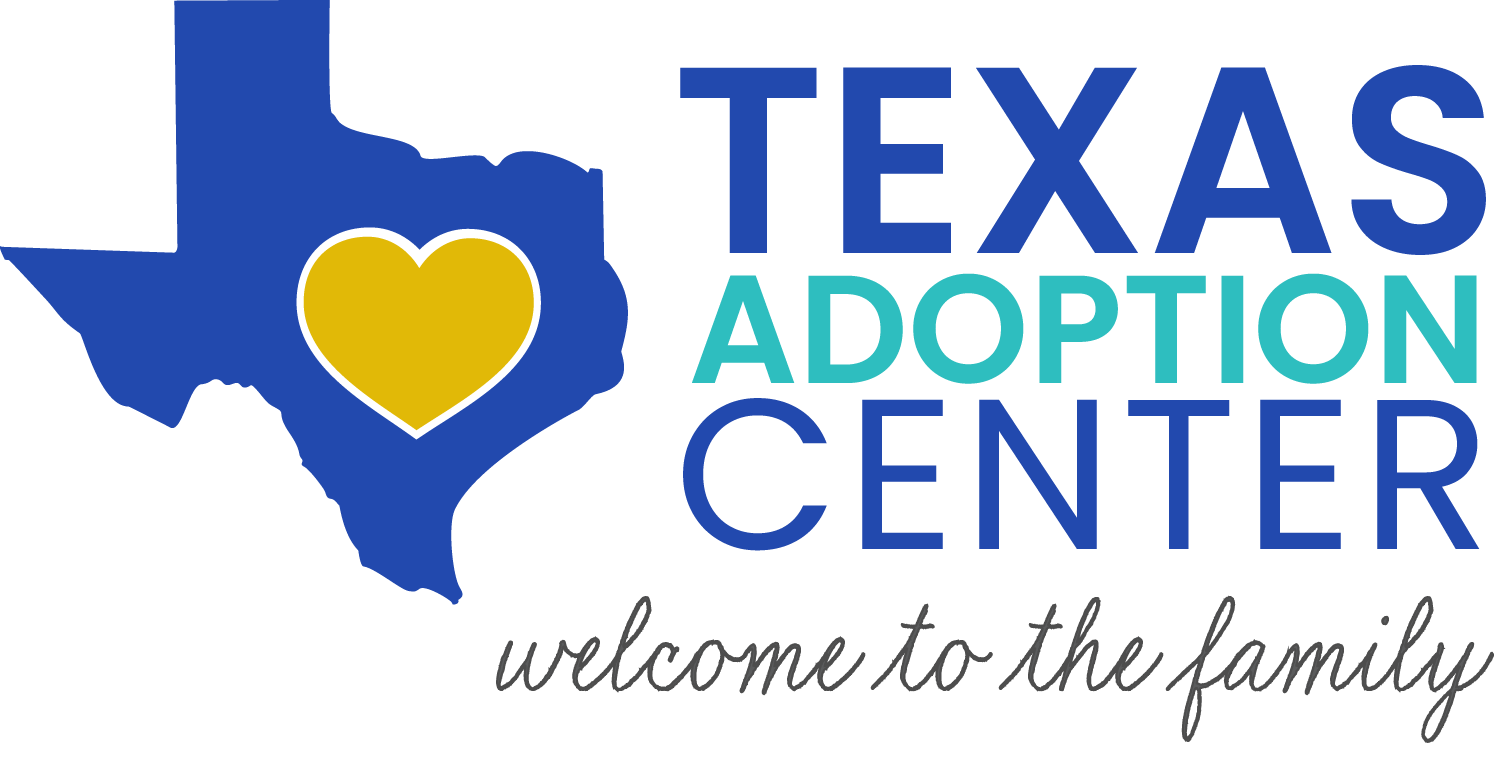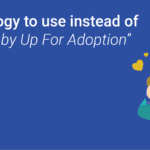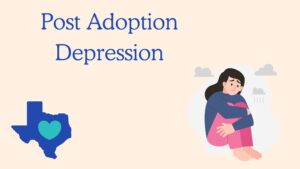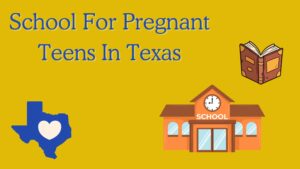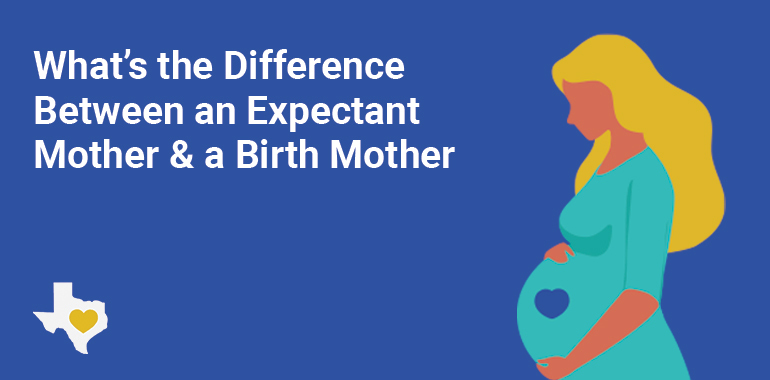
It is no surprise that the world of adoption is overwhelming, complex, and sometimes confusing. For women who are expecting, an unplanned pregnancy is a life-altering experience. One that forces them to make significant choices for themselves and their baby. If adoption is on your radar, then it is vital to honor these tough choices and learn the difference between proper terminology, including birth and expectant mother.
You are not alone if you find yourself using these two terms interchangeably. Continue reading to learn more about the differences between these titles and what you can expect during an adoption process.
What is an Expectant Mother?
Understanding the difference between a birth and an expectant mother is essential for learning about the roles each parent plays during an adoption procedure. An expectant mother is what it sounds like: a woman who is pregnant. Whether you are early or late in your pregnancy makes no difference.
While expectant mothers have already confirmed their pregnancy, this doesn’t mean they are ready to place their child for adoption. A woman who discovers she is carrying a child might have mixed feelings over the sudden realization. Some realize that they are not financially ready to raise a child. Others might want to pursue personal and professional goals before starting a family.
Not surprisingly, adoption is a sensitive topic of discussion for expectant mothers. Coming to terms with a pregnancy is a gradual process filled with hardships. Here at Texas Adoption Center, we are committed to easing uncertainties by helping expectant mothers explore their options. Whether they are considering adoption or looking for alternatives, we are here to support expectant mothers every step of the way.
Our adoption specialists will sit down with expectant mothers and help them explore the best path forward.
What is a Birth Mother?
Simply put, a birth mother is someone who has signed the legal affidavits, such as a Relinquishment of Parental Rights, to place her child for adoption. If you are pregnant and creating an adoption plan, but have not yet signed the paperwork to legally place your child with the adoptive family, you are still an expectant mother.
A birth mother can be as involved in the adoption process as they want. There are several steps involved in the process of placing a baby for adoption. These include contacting an agency, selecting a family, and going through a finalization hearing before a judge. Depending on the relationship a birth mother wants with their child, they can opt for one of three adoption types: open, semi-open, or closed adoption.
With open adoption, they can maintain contact with an adoptive family, allowing them to have a relationship with the child. Keep in mind that the length of an adoption process depends on several factors. Adoptive applicants are matched with an expectant mother while women wait for the full term of their pregnancy. A birth mother must also wait 48 hours after giving birth before consenting to an adoption.
Fortunately, Texas Adoption Center offers several unplanned pregnancy support services. Whether a birth mother needs help with basic finances or requires counseling services, our specialists will stand with them as they navigate the pregnancy journey.
Why Differentiate Between Birth and Expectant Mother?
Understanding the difference between a birth mother and an expectant mother is crucial for implementing the appropriate language that respects all parties involved in adoption. Doing so acknowledges that all participants are extremely important and their decisions are extremely valid. A birth mother who places her son or daughter for adoption is a sign of her endless love and commitment.
Even after an adoption is finalized, a birth parent’s love for her child remains intact. If anything, she hopes for a bright future for herself and the child. All members in an adoption journey play a significant role in providing children an opportunity to live fulfilling lives.
Clarifying the difference between parental terms is a way of establishing an inclusive environment so that all members feel honored and accepted. More importantly, using the correct adoption terminology is a way of communicating with multiple audiences appropriately.
Contact Texas Adoption Center
Adopting appropriate terminology is just a way of distinguishing between parties and their involvement in an adoption. The important thing to remember is that expectant, birth, and adoptive parents are all individuals who want to establish a healthy upbringing for a child.
If you have any questions about adoption resources or support services, get in touch with us. Our specialists are ready to take your call!
